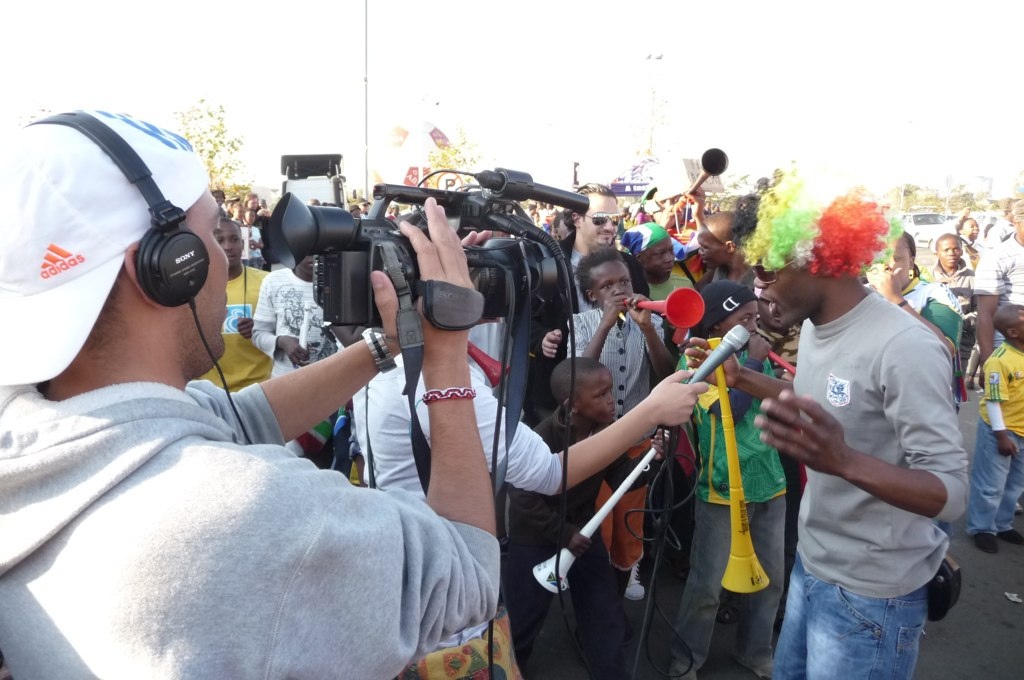[dropcap background=”yes” color=”#333333″ size=”16px”]There is a[/dropcap] factory in Contagem, Brazil where the workers don’t go home after their shift. Surrounded by many rows of razor sharp barbed wire, the factory is located inside a maximum security prison that harbors some of Brazil’s most hardened criminals. In exchange for reduced sentences, inmates are employed by the factory to make soccer balls with the goal of raising inmates’ morale, stopping prison overcrowding, and preparing them for life after prison. For this football-obsessed nation, spots in the ball manufacturing factory are the most prized and rare of prison jobs. According to state officials, only 120 inmates in four prisons are making balls and while the programs ultimate goals are admirable, they are not without controversy: “Jobs outside prisons making footballs don’t exist,” Senior Criminal Court Judge, Luis Carlos Valois says. The balls made for sports outfit Trivella, also have some accusing the corporation of profiting from inmates vulnerabilities. Trivella is making $190,000 a month on the sale of soccer balls while spending less than $20,000 for monthly payroll. While Trivella built the factory and is covering utilities, it saves on many other costs such as salaries, overtime, and taxes all of which would be paid in a more conventional work environment. Also, while company reps assert that they are also addressing the issue of overcrowding by shortening the sentences of inmates, the reality is that prison overcrowding is an entrenched problem that will take a much more intenisve effort to solve. According to a study in 2013, with 550,000 inmates Brazil has 60% more prisoners than prisons were built to house. With the rate of incarceration growing by 40% within the last four years, the rate is expected to keep growing.
Making Balls in Brazil’s Prisons




 Africa Redux Founder Chi Kaitano.
Africa Redux Founder Chi Kaitano.

You must be logged in to post a comment.